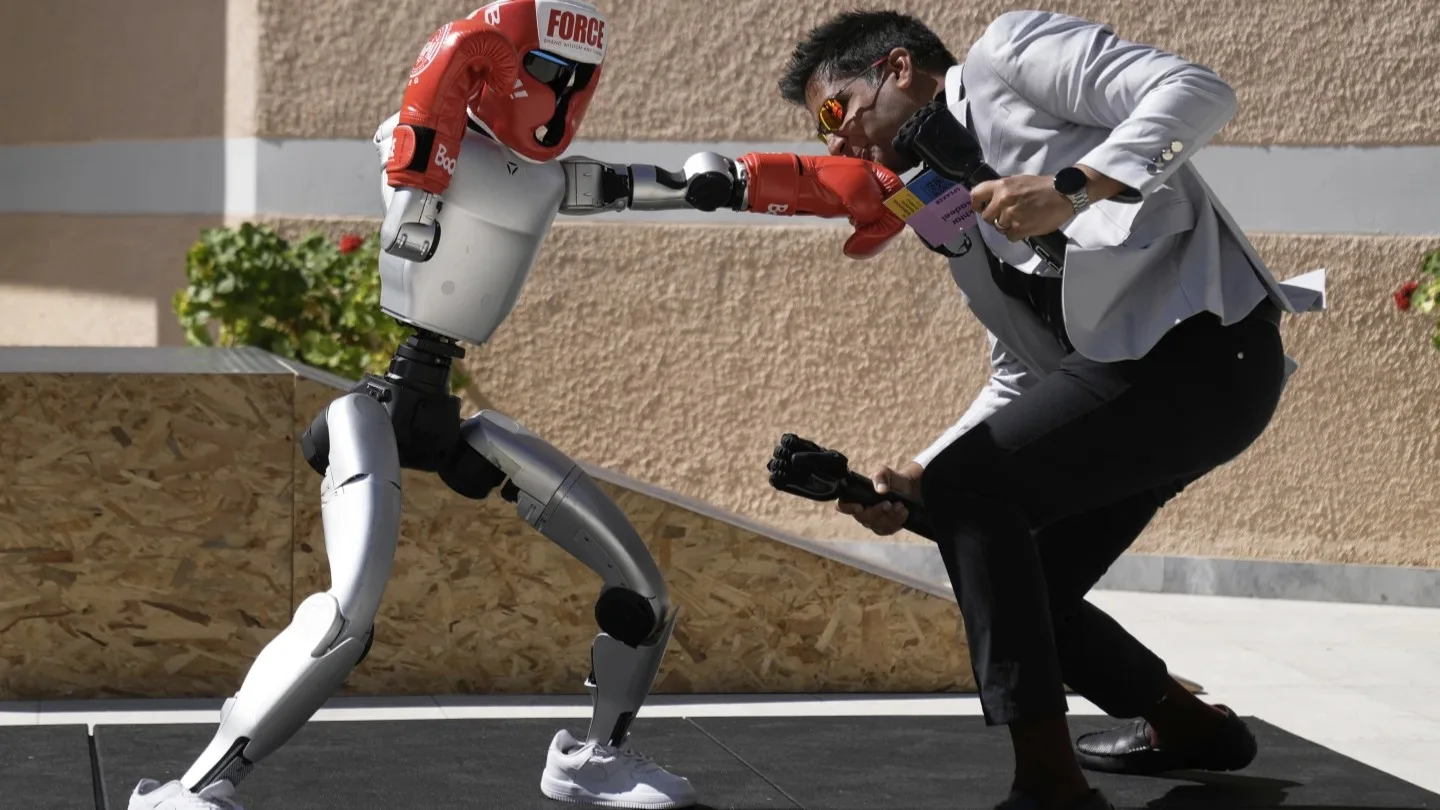At Ancient Olympia – the birthplace of the Olympic Games – humanoid robots this week competed in soccer matches, shadow-boxing displays and archery challenges, drawing smiles from children and sparking serious debate among experts about the future of robotics.
The four-day International Humanoid Olympiad, organised by Greek academic and startup founder Minas Liarokapis, showcased the current limits of humanoid machines. Despite dazzling advances in artificial intelligence, robots with human-like skills remain years away from managing everyday household tasks.
“I really believe that humanoids will first go to space and then to houses … the house is the final frontier,” Liarokapis told AP News, predicting it will take more than a decade before robots can perform delicate chores with dexterity.
Experts noted that while AI thrives on the vast digital data available online, humanoid robots lack comparable training material because real-world tasks are harder and more expensive to record. Some suggested robots are “100,000 years behind AI” in data learning terms.
Speakers urged the sector to combine engineering with real-world testing. “These synergies are happening very, very quickly. So I do see these problems being cracked on a day-to-day basis,” said Luis Sentis of the University of Texas at Austin and co-founder of Apptronik.
Innovators also presented fresh ideas, from prosthetic hands that can provide data transferable to robots, to biological computers using brain cells that could one day help machines learn and adapt like humans.
Organisers limited the events to achievable feats – no discus or javelin throws – but stressed that the Olympiad aimed to provide an honest benchmark of progress.
Source: AP News
